|
Today in the world of specialty coffee, Bourbon and Typica are the most important Arabica coffee varieties. Recent genetic studies have confirmed that Bourbon and Typica were the seeds brought from Ethiopia to Yemen, and from the latter they spread throughout the world, forming the basis of modern Arabica coffee cultivation. It was the French who attempted to introduce coffee three times from Yemen to Bourbon Island (now La Réunion), in 1708, 1715 and 1718. Genetic studies have confirmed that only a small number of plants from the second introduction and some from the third introduction they were successful. Until the middle of the 19th century, Bourbon coffee did not leave the island.
0 Comments
Why would you prefer one over the other, if they are only separated by an imaginary border? A coffee grown in northern Burundi has exactly the same microclimate, varietal, process and terroir as one from southern Rwanda. There is no difference other than the name of the origin until this point of the production process, although there are many differences in various aspects. Both economies are overwhelmingly agricultural, and widely diversified farming is practiced throughout their territories. Arabica coffee is the main commercial crop and constitutes the main export of both countries. Being much more important in terms of total foreign exchange earnings for Burundi than for Rwanda, because the latter economy is more developed and diversified.
Our industry often forgets how important small farmers are to the work we all do every day. We can verify this every time we meet at events like the last World of Coffee in Milan, where the focus is mostly on competitions, machinery, influencers, but apparently no one realizes that without small coffee growers none of this would be possible, and they keep being ignored as they have been for 400 years. The current times are stormy, for no one in the world it should be a mystery that climate change is affecting our lives in a radical way. To no one either, it should be a mystery that inflation is hitting the pockets of the world's poorest people, and this particularly impacts coffee farmers who, despite record coffee prices, have not seen their income levels improve. Finally, due to the war in Ukraine, the shortage of fertilizers could cause a deficit of almost 20% in coffee production in 2022, in addition to the food crisis that it is already affecting various parts of Africa.
It is always important to remember that just 27 years ago, Rwanda was in the midst of one of the most horrible tragedies humanity has ever seen. The genocide against the Tutsi population killed almost a million people and displaced two million more. These events shook this small country and almost wiped out the entire coffee industry.
Remarkably since then, Rwanda has enjoyed strong rates of economic growth, creating new business prospects and lifting many people out of poverty. Thanks to an efficient government actively working to develop the economy and reform the financial and business sectors, Rwandan coffee has become a very important player, contributing significantly to foreign exchange earnings and the monetization of the rural economy. In 2019, agriculture accounted for 29% of Rwanda's economy, and coffee accounted for a third of this income, with 75% of the total population working in the agricultural sector. Each year we are receiving more and more samples from producers and cooperatives in many origins around the world. This is very exciting, but also represents a challenge in terms of time and resources we need to dedicate to analyze and evaluate each of them fairly and effectively. 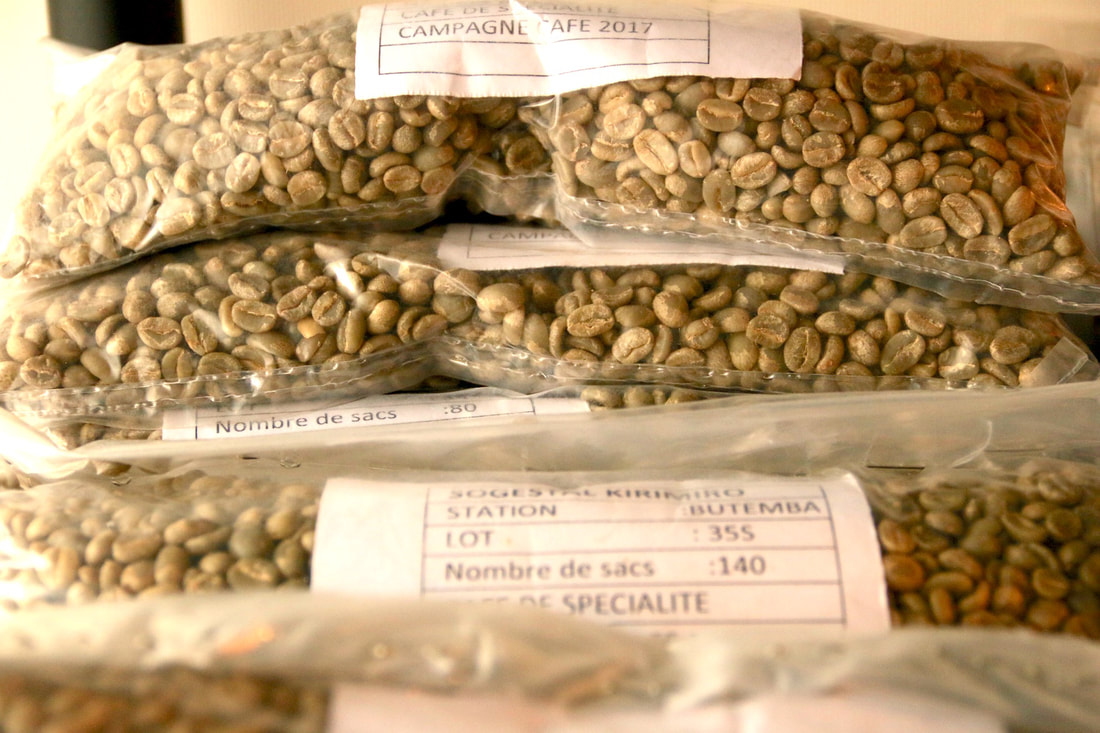 This year from Burundi only, we received 51 samples from 4 different cooperatives we had the chance to visit last June.
Finally, evaluation through blind cupping allows us to judge the potential, identify the defects and select the best samples. It is the most influential tool when deciding which coffees will be travelling to our warehouse and going into your roasters very soon.
Enjoy your Burundi coffee! Potato defect, quakers, coffee berry disease, immature cherries, anthracnose, etc. All these are potential threats to your wonderful Rwanda, Burundi or Congo cup of coffee.
But how can we get rid of them? Or cut to a minimum the chances of getting a bad bean into so much goodness? Some cooperatives in Rwanda are adopting this unique practice of hand-sorting wet parchment after being washed and fermented. Some defective beans can be visually detected more easily when the parchment is slightly transparent with moisture. It is another opportunity to eliminate immature green beans, floaters, quakers, beans with anthracnose and insect-damaged (Antestia Bug) coffee that can result in the awful "potato taste defect". Also, the slow introduction of air before the sun in the drying process, helps to keep the parchment intact and without cracks. If we think that the parchment is a small protective layer that reduce the shock of too much heat in the bean, this initial drying phase in raised beds and under shade, promotes that these internal molecular changes happen slowly and progressively. |
Archives
April 2024
Categories
All
|
- What We Do
- Que Hacemos
-
Origins
-
Orígenes
- Education
- Educación
- Contact
- Contacto
- Home Roaster Store
- Tienda del Home Roaster

|
Copyright © 2015-2024 | Kilimanjaro Specialty Coffees España S.L.U. All Rights Reserved.
|

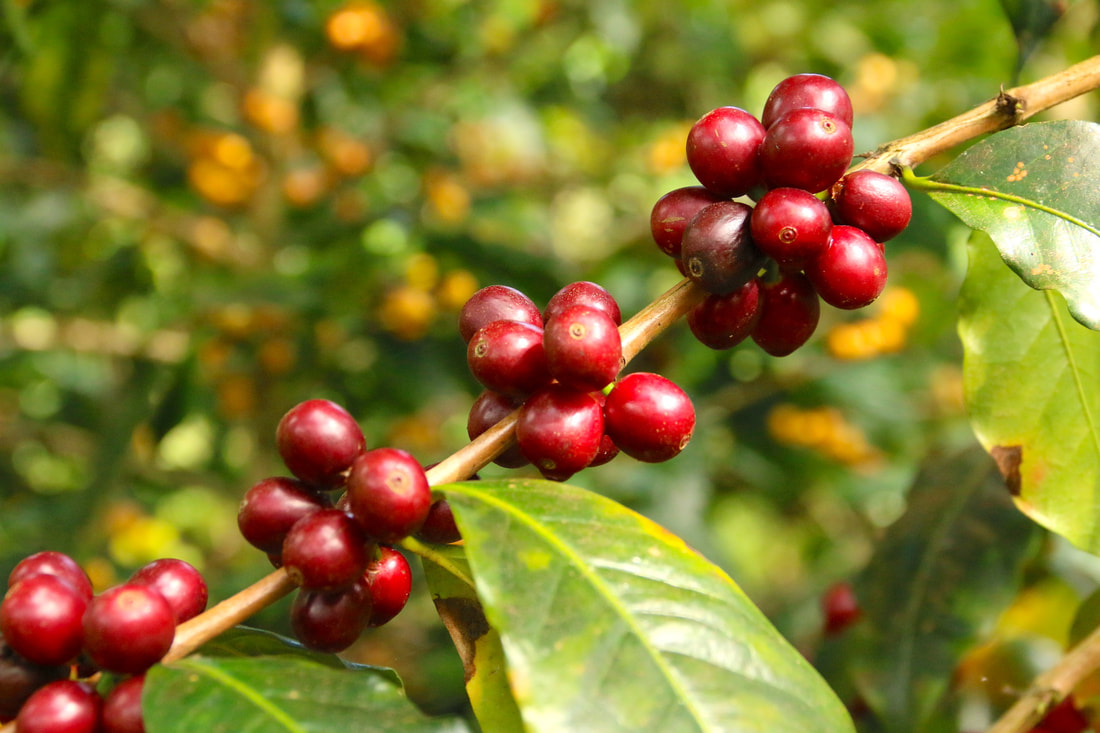
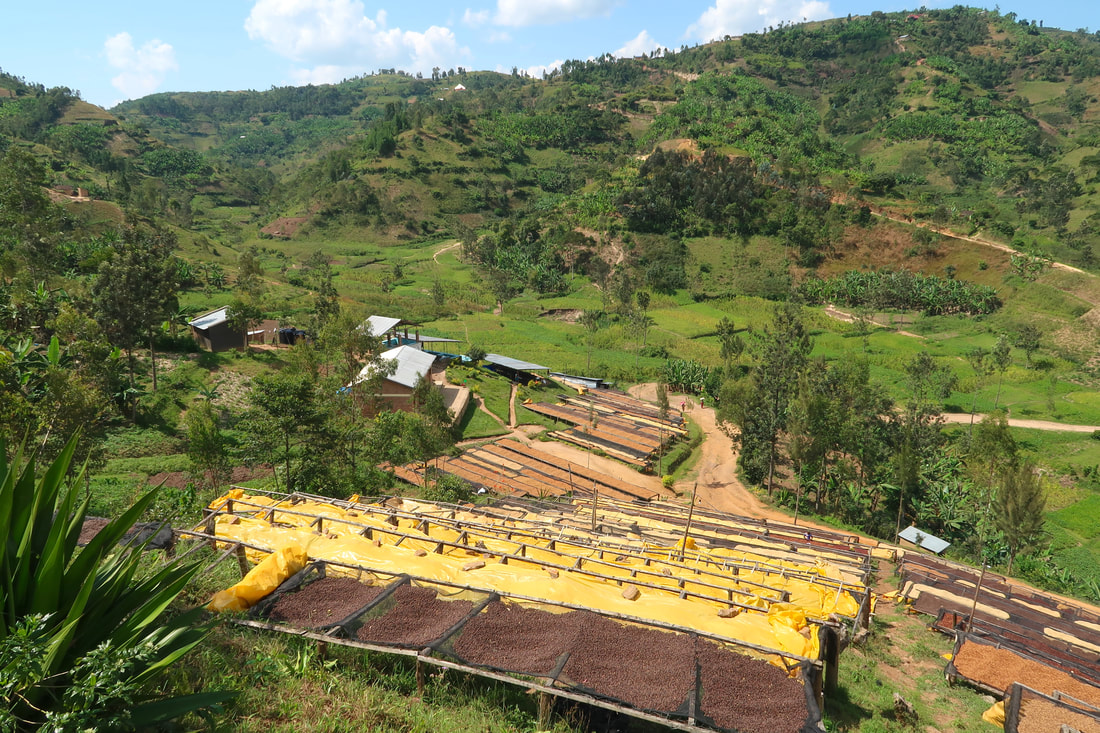
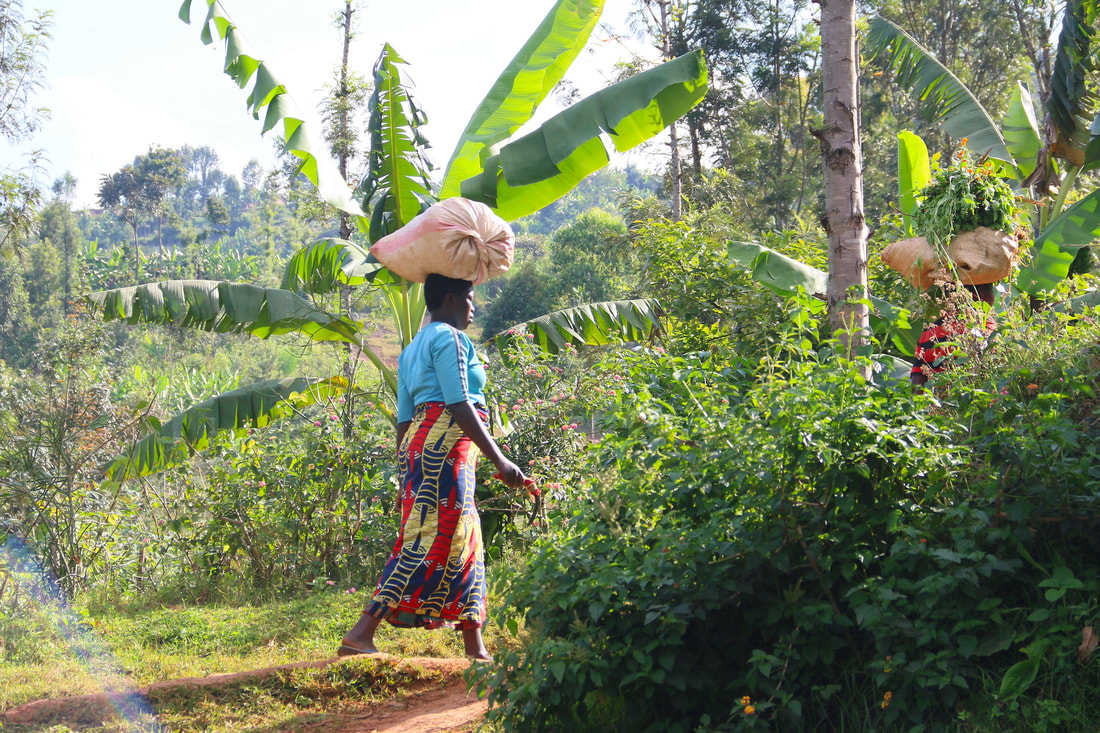
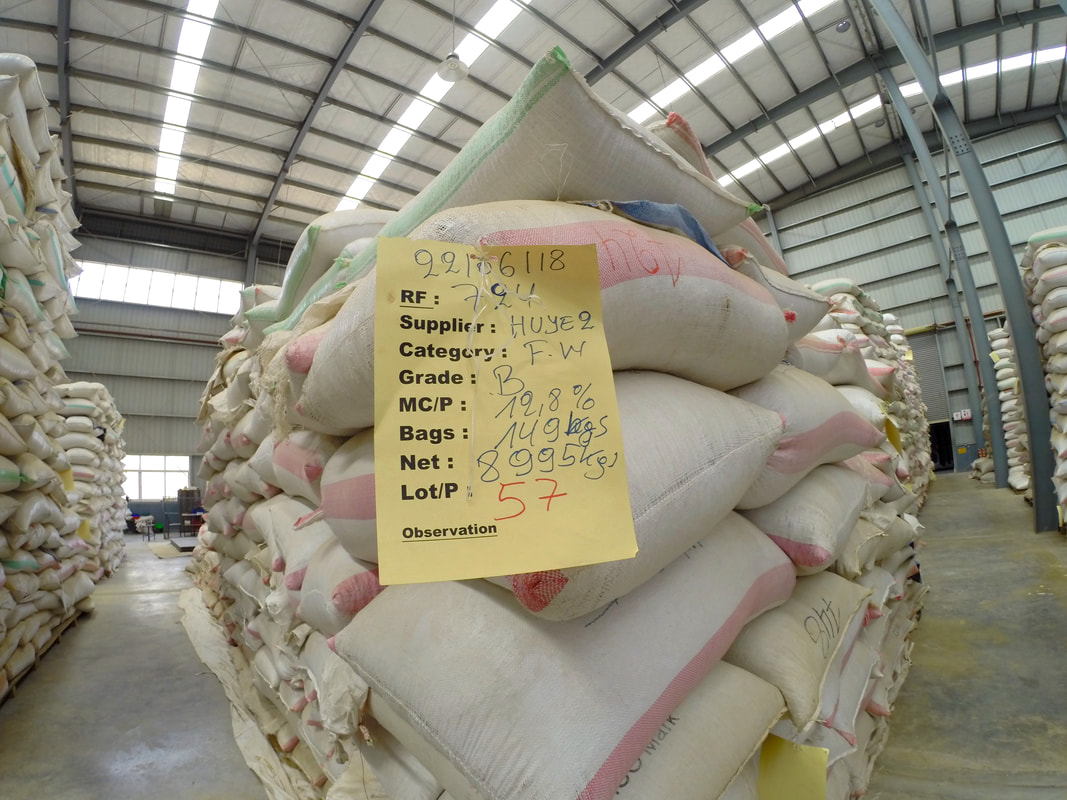
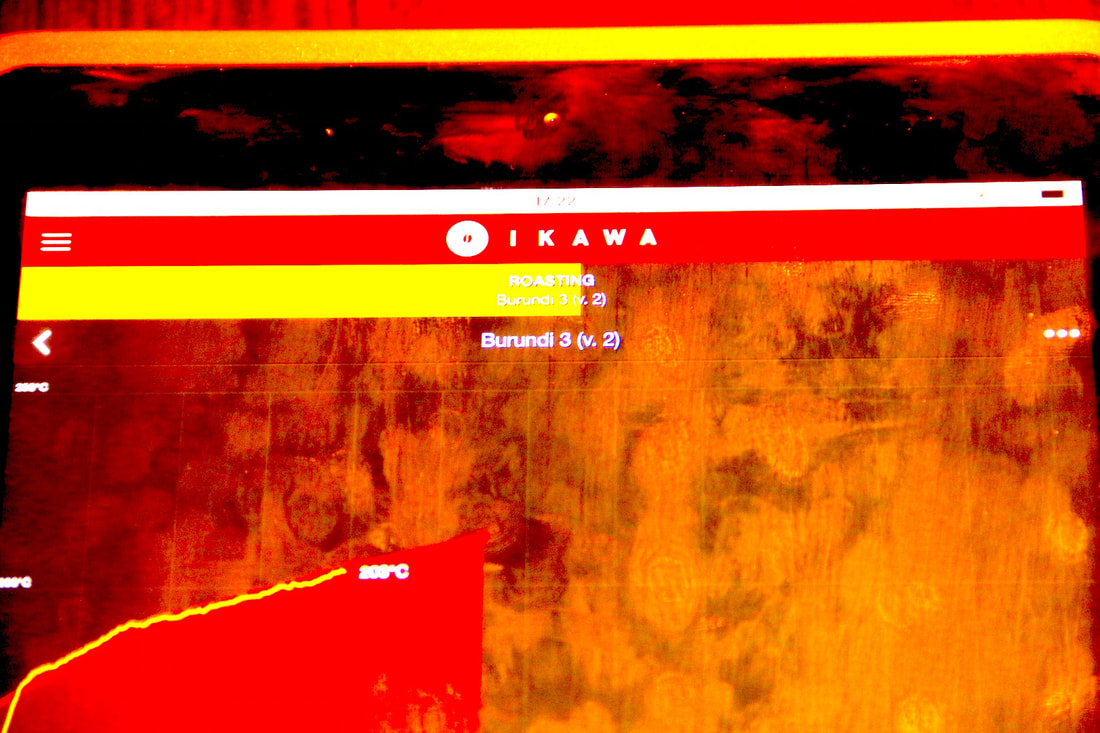
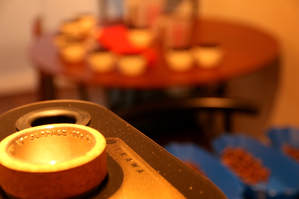
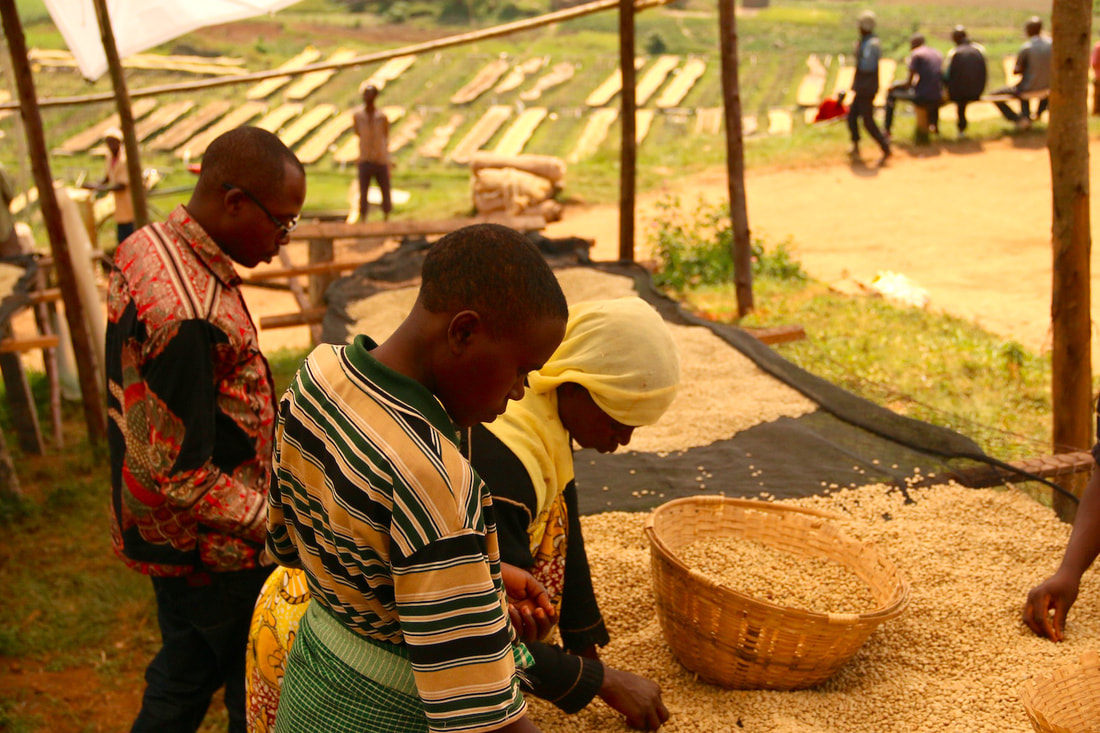
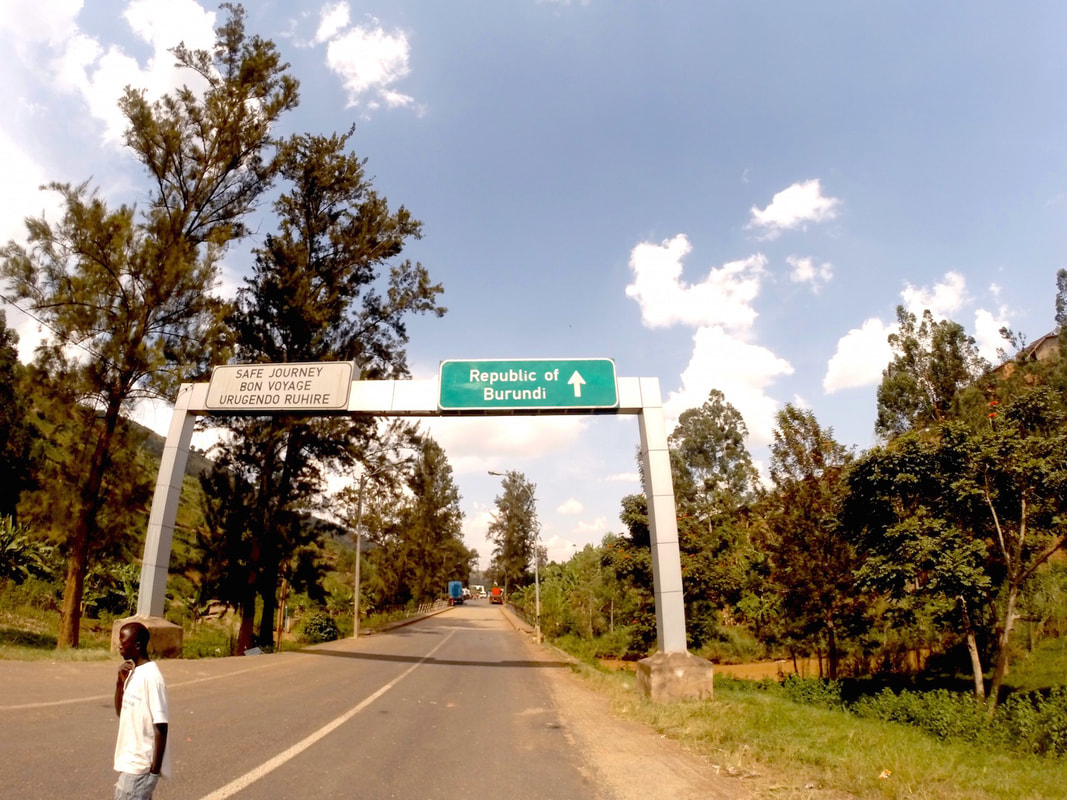
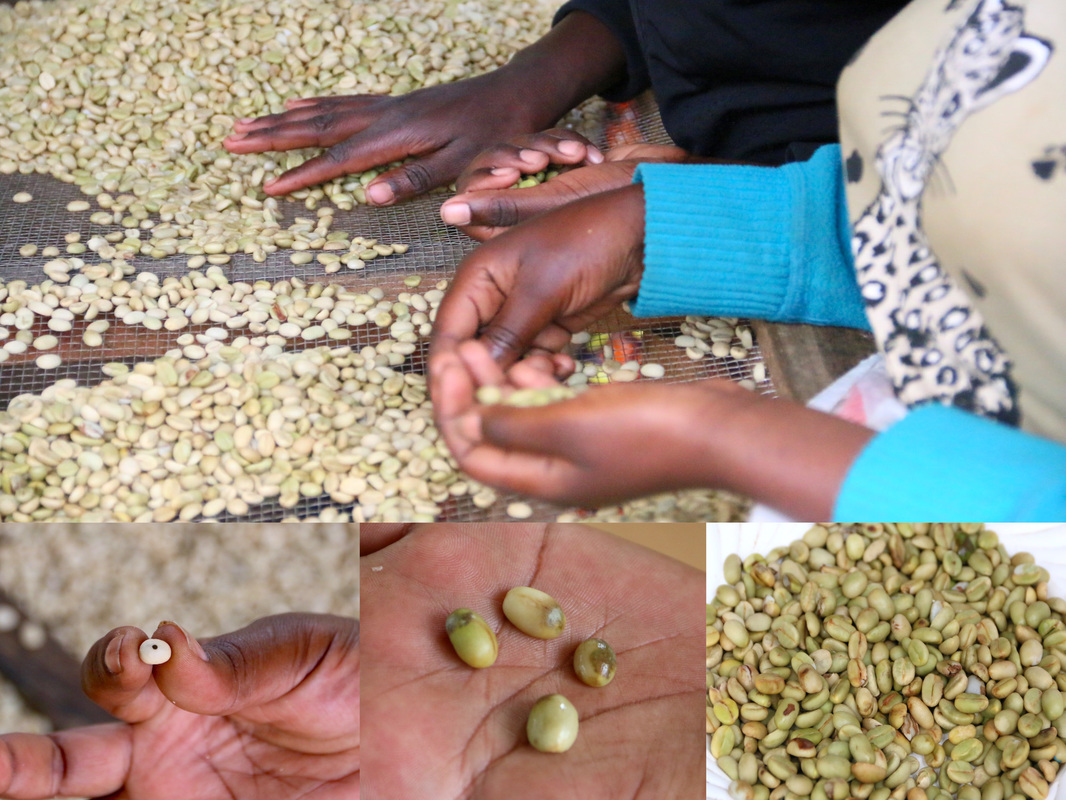
 RSS Feed
RSS Feed